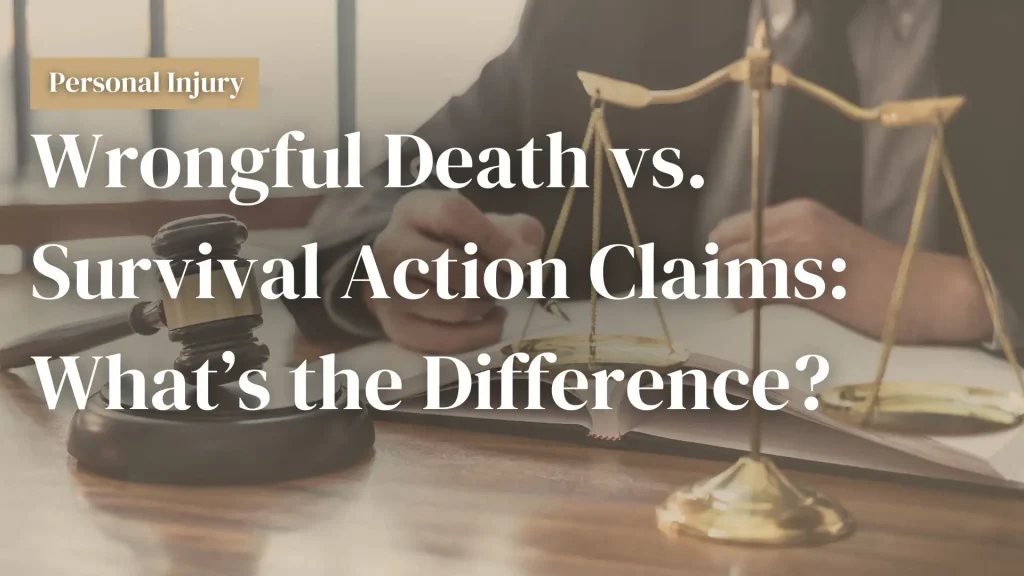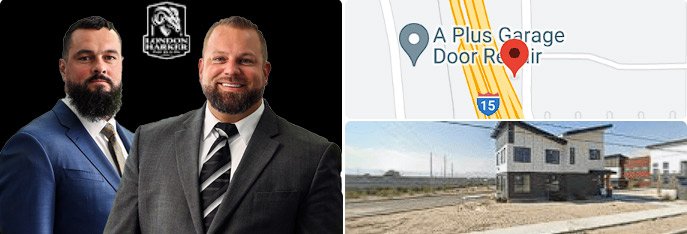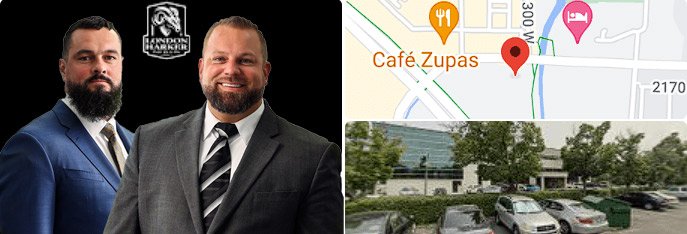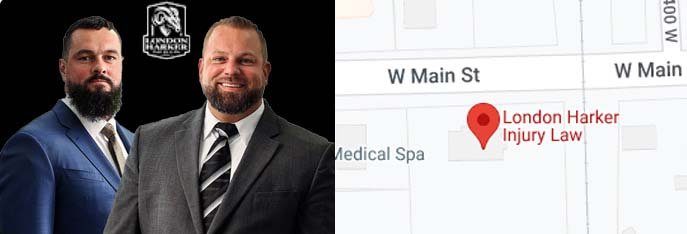Posted on Wednesday, August 7th, 2024 at 9:00 am

What Is a Wrongful Death Claim?
A wrongful death claim is a legal action brought by the surviving family members of an individual who died as a result of another party’s negligence, reckless behavior, or intentional misconduct. This type of claim provides financial compensation to those who depended on or were closely related to the deceased.
Who Can File a Wrongful Death Claim?
In Utah, only the deceased person’s heirs and the personal representative of their estate have the right to file a wrongful death claim. If the personal representative files the claim, they do so on behalf of the surviving heirs. According to Utah law, a deceased individual’s heirs include:
- Their spouse
- Their biological and legally adopted children
- Their biological or adoptive parents
- Their stepchildren who are younger than 18 and either financially depended on or lived with the deceased at least part of the time
- Their other blood relatives, such as grandchildren, grandparents, or siblings
Generally, there is an order of priority among the deceased’s heirs, with the spouse and minor children being first in line to file a claim, followed by the parents and, finally, the other heirs. Those lower down the priority list can only file a claim if no surviving heirs are ahead of them.
What Compensation Can You Receive Through a Wrongful Death Claim?
The compensation in a wrongful death claim addresses the financial and emotional impact of the loss on the surviving family members. Damages you may seek include:
- Funeral and Burial Costs – This compensation covers the costs associated with your loved one’s funeral and burial.
- Medical Expenses – This compensation covers the costs associated with your loved one’s medical bills. These are hospital stays, surgeries, treatments, and prescriptions associated with the injury that led to their death.
- Lost Income – This compensation covers the future income your loved one would have contributed to your family had they survived.
- Lost Benefits – This compensation covers the employment benefits your loved one would have contributed to your family had they survived, such as retirement account contributions and health insurance.
- Loss of Companionship – This compensation covers the loss of familial ties you experienced, such as loss of consortium for a spouse or loss of guidance for minor children.
- Loss of Services – This compensation covers the loss of household services your loved one provided that your family must now pay someone else to perform, such as childcare, cleaning, or yard work.
What Is a Survival Action Claim?
A survival action claim is a legal action that continues a personal injury claim filed prior to the deceased’s passing. Survival actions seek compensation for the deceased’s injuries before death, not for the surviving family members.
For example, let’s say your loved one suffered an injury in a car accident. Now, they filed a personal injury claim. Then, they died from their injuries before their personal injury claim could be concluded. In this case, a survival action could continue the injury claim. You can seek compensation on behalf of your deceased loved one.
Who Can File a Survival Action Claim?
In Utah, as with wrongful death claims, the deceased’s heirs and their estate’s personal representative can file a survival action claim. Usually, the personal representative files this claim since they control the estate.
Who Receives Compensation from a Survival Action Claim?
Since a survival action claim is a continuation of a personal injury claim, the compensation belongs to the deceased and becomes part of their estate. Once compensation is awarded to the estate, distribution of that compensation follows Utah’s laws for intestate succession.
Intestate succession lays out how the court should divide an estate if there is no will. However, it also applies to dividing up contents of the estate that the will doesn’t mention. This is where the compensation received through a survival action claim would likely fall.
What Compensation Can the Estate Receive Through a Survival Action Claim?
The damages sought through a survival action claim are similar to those sought through a personal injury claim. The three primary types of compensation recovered through these claims include:
- Medical Expenses – These are the costs associated with the deceased’s hospital stays, surgeries, treatments, prescriptions, and rehabilitation associated with the original injury they were seeking compensation for.
- Lost Wages – This compensation covers the income the deceased lost while recovering from their injury and any loss of earning potential they would have experienced due to their injury for the remainder of their working life.
- Pain and Suffering – This is hard to quantify. The physical pain and emotional suffering the deceased experienced due to their injury is also a compensable loss.
Are Wrongful Death and Survival Action Claims Mutually Exclusive?
 How about wrongful death vs. survival action exclusivity? Are they mutually exclusive? No, wrongful death and survival action claims are not mutually exclusive. In some cases, the plaintiff of a personal injury claim ultimately dies from their injuries. In these cases, the survival action claim can continue the personal injury claim. The family can also seek compensation for their loved one’s wrongful death.
How about wrongful death vs. survival action exclusivity? Are they mutually exclusive? No, wrongful death and survival action claims are not mutually exclusive. In some cases, the plaintiff of a personal injury claim ultimately dies from their injuries. In these cases, the survival action claim can continue the personal injury claim. The family can also seek compensation for their loved one’s wrongful death.
Wrongful death and survival actions are distinct claims, and family members often file both claims at the same time. An experienced Utah personal injury and wrongful death lawyer can assist you in filing these claims.
Contact London Harker Injury Law for a Consultation with a Utah Wrongful Death Attorney
If your loved one died due to the negligence of another person, or if they died before their personal injury claim was resolved, contact London Harker Injury Law at 77CARCRASH for a free consultation with one of our attorneys. We’ll run you through the difference between wrongful death vs. survival action and assess what fits your case. Our law firm will evaluate your case, estimate the full extent of your losses, walk you through your next steps, and answer any questions you have. With our proven track record of successful case results, you can trust us with your case.



